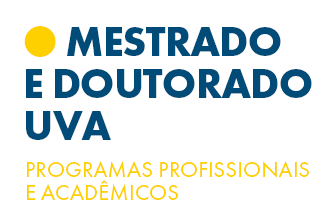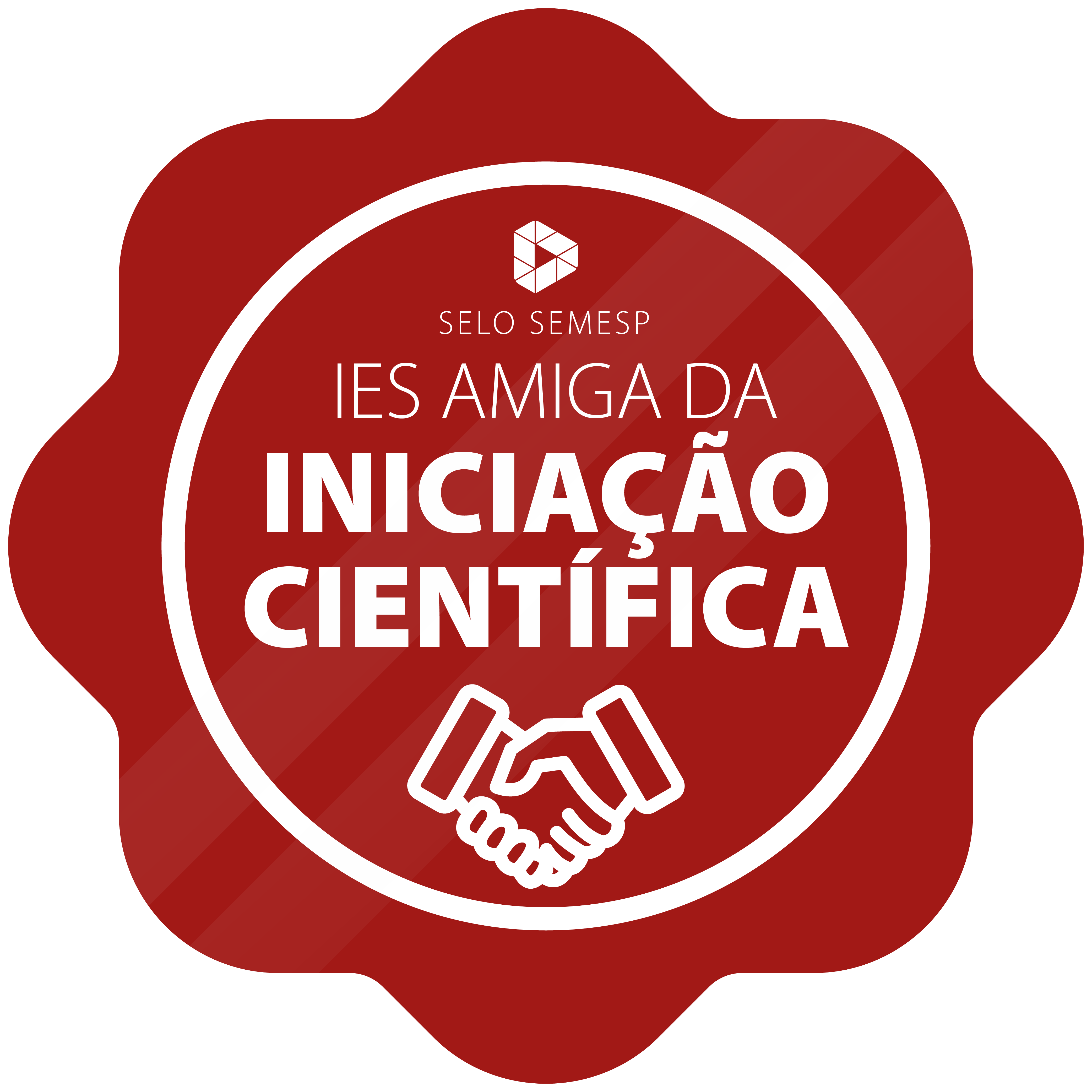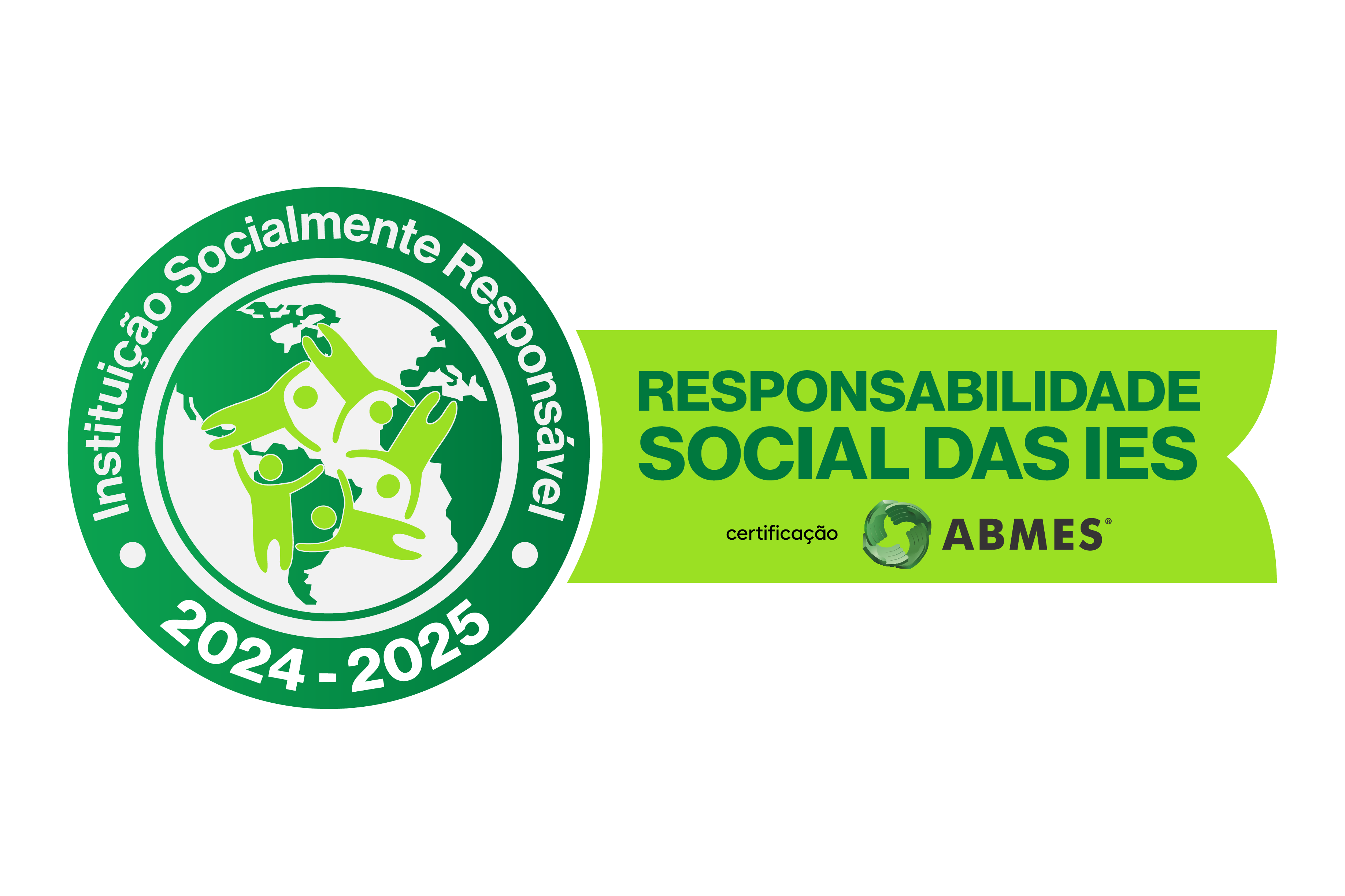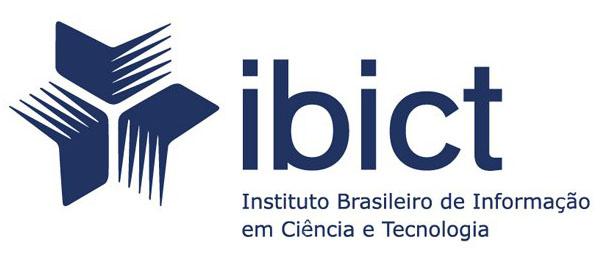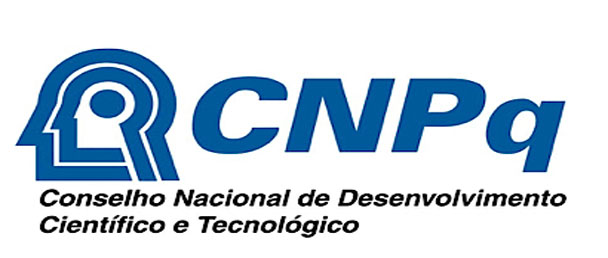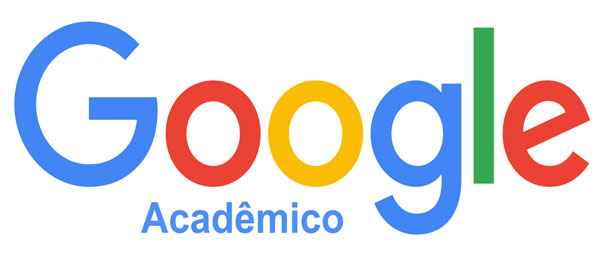Playfulness in earky childhood education: interlaces in development and learning
Playfulness in earky childhood education: interlaces in development and learning
Keywords:
Playfulness, Child development, Child educationAbstract
Plays, toys and games are peculiar elements of the children's universe and are interconnected to the playful and to the world not only of the child, but also to the adult world. To promote interaction between children and the learning object and, to support this proposal, a bibliographic research was used, supported by authors such as: Kishimoto (2011), Uizinga (1996), Brougère (2010), Vygotsky (1998), among others. It was concluded that playfulness, in addition to favoring learning in the teaching and learning process, has contributed to socialization, the learning of rules and the construction of knowledge, constituting an important pedagogical tool.
Downloads
References
ALMEIDA, G.P. Teoria e prática em psicomotricidade: jogos, atividades lúdicas, expressão corporal e brincadeiras infantis. 4. ed. Rio de janeiro: Wak Ed., 2008.
ALMEIDA, M.T.P. Os jogos tradicionais infantis em brinquedotecas cubanas e brasileiras. São Paulo: USP, 2000.
ANTUNES, C. Jogos para estimulação das múltiplas inteligências. 15 ed. Petrópolis, RJ: Vozes, 2008.
BARROS, F. C. O. M. A. Teoria Histórico-Cultural e os pressupostos metodológicos de Celestin B. Freinet na Educação Infantil. 2017. Disponível em: <https://periodicos.fclar.unesp.br/iberoamericana/article/view/9670> Acesso em: 12 de mar. 2022.
BROUGÈRE, G. Brinquedo e cultura. 8. ed. São Paulo: Cortez, 2010.
DEL PRIORE, M. História das crianças no Brasil. São Paulo: Contexto, 2009.
DEMO, P. Introdução ao ensino da metodologia da ciência. 2.ed. São Paulo: Atlas, 2000.
ELKONIN, D. B. Psicologia do Jogo. Álvaro Cabral (Trad), São Paulo: Martins Fontes, 1998.
HUIZINGA, J. Homo Ludens. 4. ed. São Paulo: Perspectiva, 1996.
DALLABONA, S.R.; MENDES, S.M.S. O Lúdico na Educação Infantil: jogar, brincar, uma forma de educar. In: Revista de Divulgação Técnico–Científica do ICPG. Vol. 1 n.4 – jan.-mar./2004.
KISHIMOTO, T. (org). Jogo, brinquedo, brincadeira e a educação. 14. ed. São Paulo: Cortez, 2011.
_______. O brincar e suas teorias. São Paulo: Pioneira Thomson Learning, 2001.
LEONTIEV, A, N. Os princípios psicológicos da brincadeira pré-escolar. In. VYGOTSKY. L. S; LEONTIEV. A; LURIA, A, R. Linguagem, desenvolvimento e aprendizagem. 4. ed. São Paulo: Ícone, 1988, p. 119-142
MALUF, A.C.M. Brincar: Prazer e Aprendizado. Petrópolis RJ: Vozes, 2003.
MACHADO, M. O brinquedo-sucata e a criança: a importância do brincar, atividades e Materiais. 7. ed. São Paulo: Loyola, 1994.
MELLO, S. A. Infância e humanização: algumas considerações na perspectiva histórico-cultural. Perspectiva, Florianópolis, v. 25, n. 1, p. 83-104, jan./jun., 2007.
OLIVEIRA, V. M. O que é educação física. São Paulo: Brasiliense, 1985.
OLIVEIRA, V. B. (Org.). O brincar e a criança do nascimento aos seis anos. Petrópolis, RJ: Vozes, 2010.
PATURY, F. M.; CARDOSO, M.C. Ludicidade na Formação do Professor: Um Olhar Atentivo. Anais da Semana de Pedagogia da UESB: Memórias de um percurso formativo, 2012. Disponível em:<http://www.uesb.br/eventos...> Acesso em: 20 de jun. 2020.
RIZZI, L.; HAYDT, R.C. Atividades Lúdicas na Educação da Criança. Subsídios Práticos para o Trabalho na Pré-escola e nas Séries Iniciais do 1º grau. São Paulo: Ática, 1998.
SANTOS, S. M. P. (Org.). O lúdico na formação de professores. 7. ed. Petrópolis, RJ: Vozes, 2010.
USOVA, A. P. El papel Del juego en La educacíon de los niños. Ciudad de la Habana, Cuba, Editorial Pueblo y Educación, 1979.
VYGOTSKY, L. S. A formação social da mente. São Paulo: Martins Fontes, 1984.
_______. O desenvolvimento psicológico na infância. Claúdia Berliner (Trad.) São Paulo: Martins Fontes, 1998.
UNICEF. A Convenção sobre os Direitos da Criança. Adoptado pela Assembleia Geral nas Nações Unidas em 20 de Novembro de 1989 e ratificada por Portugal em 21 de Setembro de 1990. Disponível em: <http://www.unicef.pt/docs/pdf_publicacoes....> Acesso em: 10 de jul. 2022.


